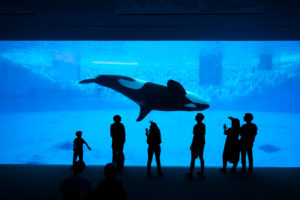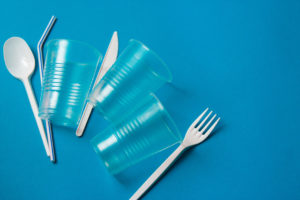Good news coming out of Canada: the country has passed legislation to ban breeding or keeping cetaceans in captivity — and all single-use plastics by 2021
No more captive cetaceans

Earlier this week, Canada’s Parliament passed legislation that bans whales, dolphins and porpoises from being bred or held in captivity. Violators may face fines of up to $150,000 (around $200,000 Canadian dollars).
There are some exceptions to the bill, including the marine mammals already held in captivity, which will remain so. Animals may also be held during rehabilitation from injury or for licensed scientific research.
In 2015, former Senator Wilfred Moore of Nova Scotia introduced a measure known as the “Ending the Captivity of Whales and Dolphins Act,” said in a statement from Humane Society International/Canada that phasing out the animals’ captivity was a “moral obligation.”
Although Canada’s Senate passed the measure last year, the House of Commons voted to approve it on Monday, June 10th. The legislation will now go through a process known as royal assent before it becomes law.
Goodbye to single-use plastics

In other good news, Canadian Prime Minister Justin Trudeau announced on June 11th that country would ban single-use plastics, including straws, plastic bags, silverware, plates and stir sticks.
“I am very pleased to announce that as early as 2021, Canada will ban harmful, single-use plastics from coast to coast,” Trudeau said in a press conference. According to the prime minister, less than 10 percent of plastics used in Canada are recycled.
Each year up to 1 million birds and more than 100,000 marine mammals worldwide suffer injury or death via entanglement in plastic or by ingesting it through the food chain.
“You’ve all heard the stories and seen the photos,” said Trudeau. “And to be honest, as a dad it is tough trying to explain this to my kids.”
“How do you explain dead whales washing up on beaches around the world, their stomachs jam-packed with plastic bags?”
Trudeau said during his press conference that producers of other plastics, such as bottles or food packaging, will be responsible for “the entire life-cycle” of their products and will have to provide recycling plans in order to continue production.

